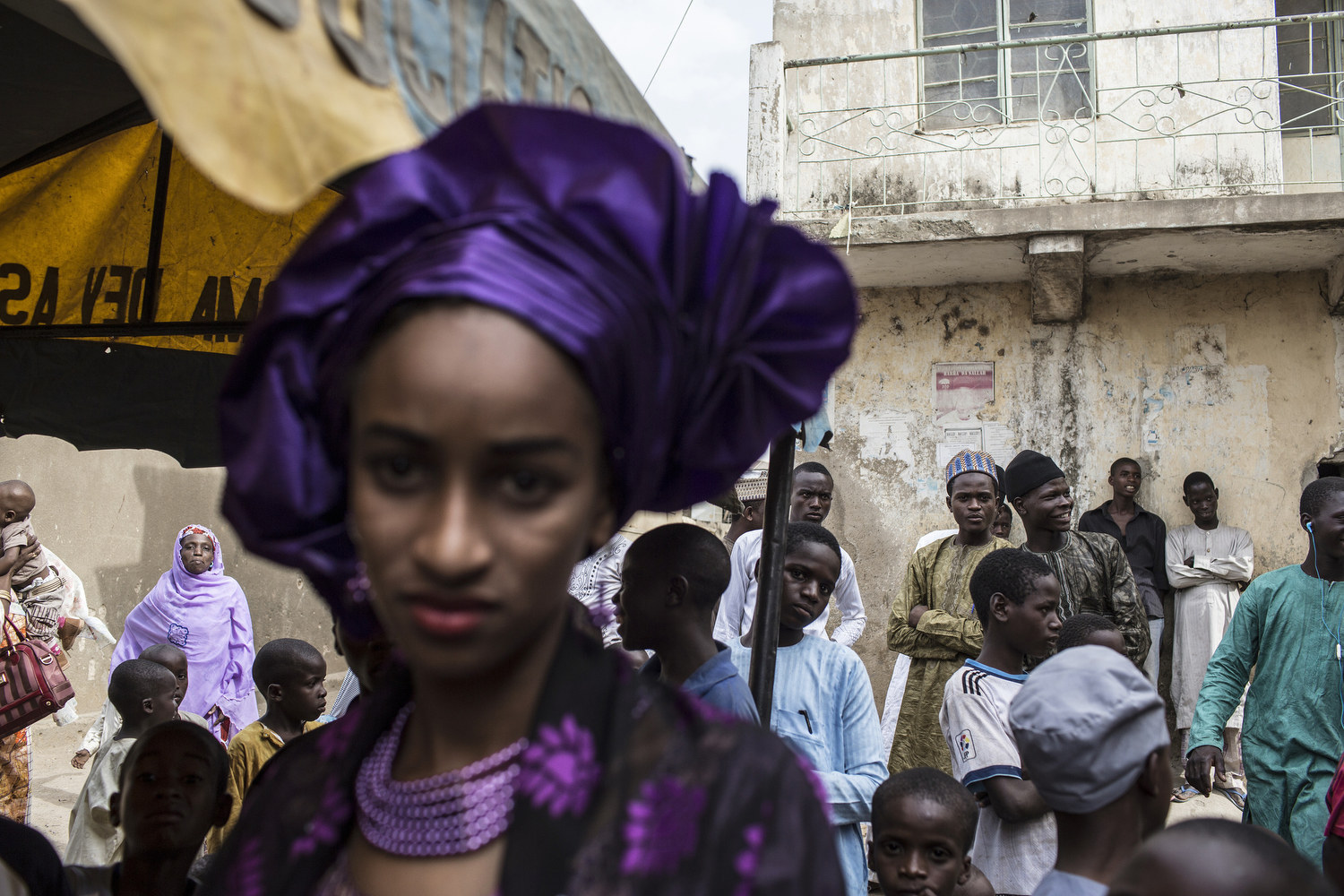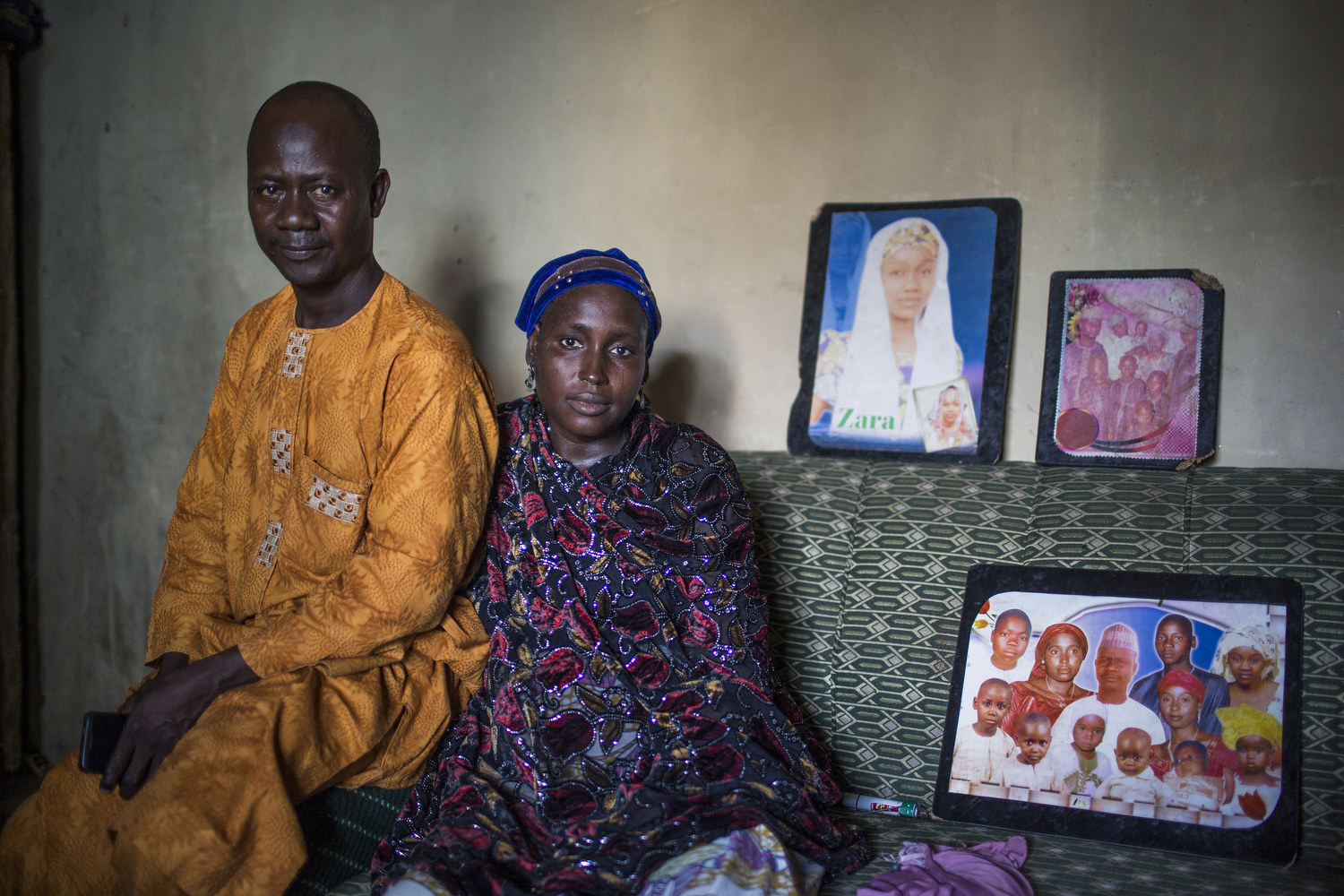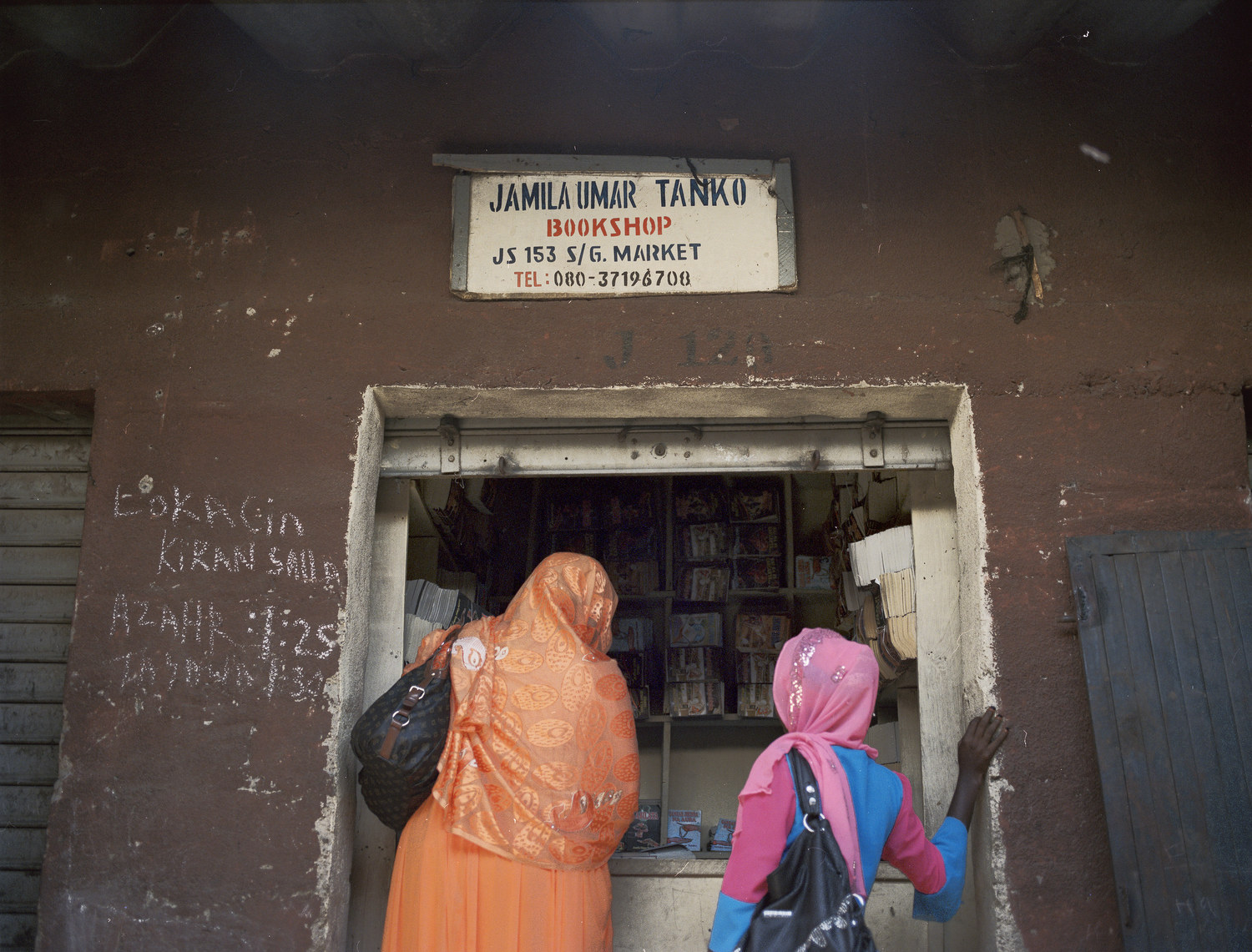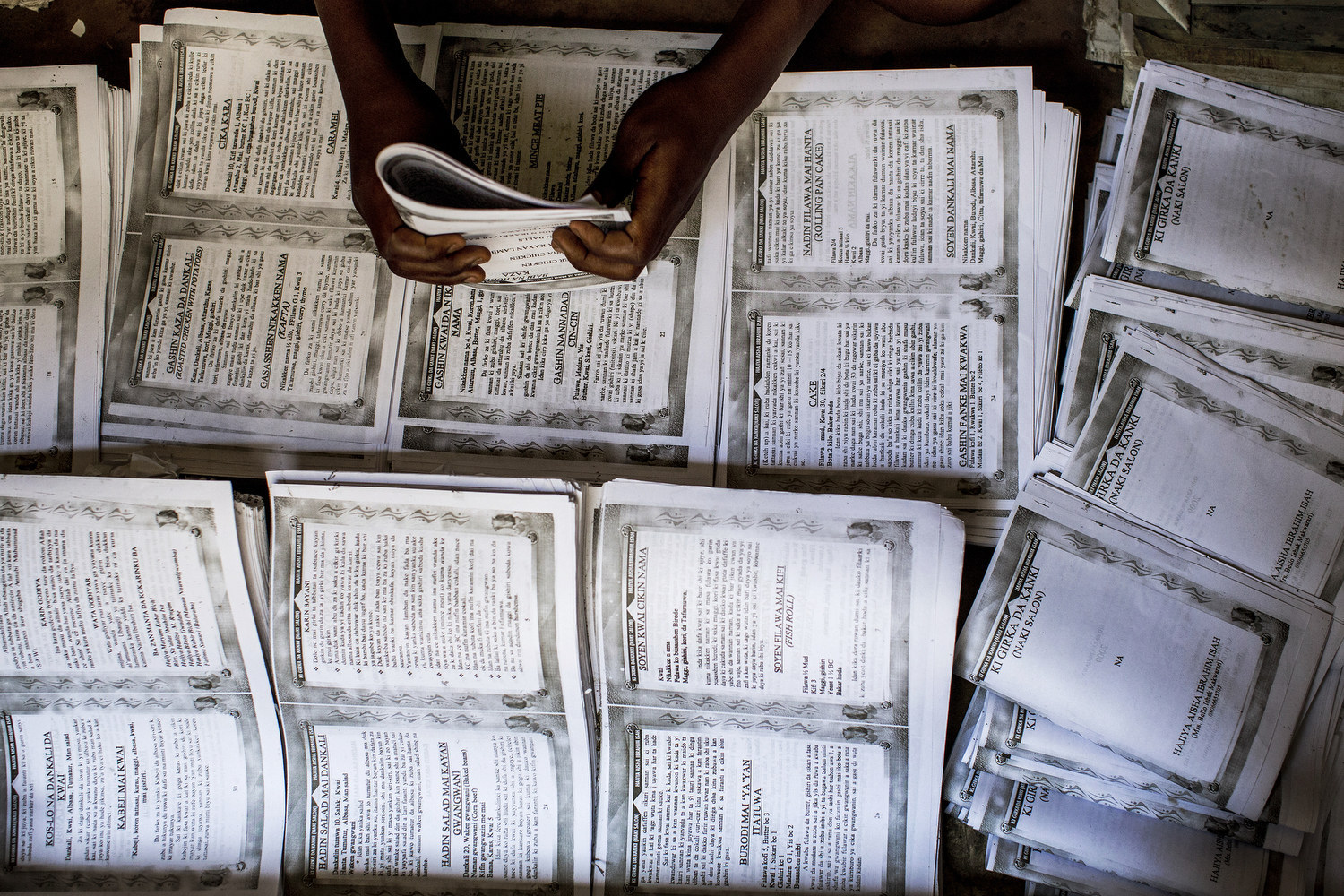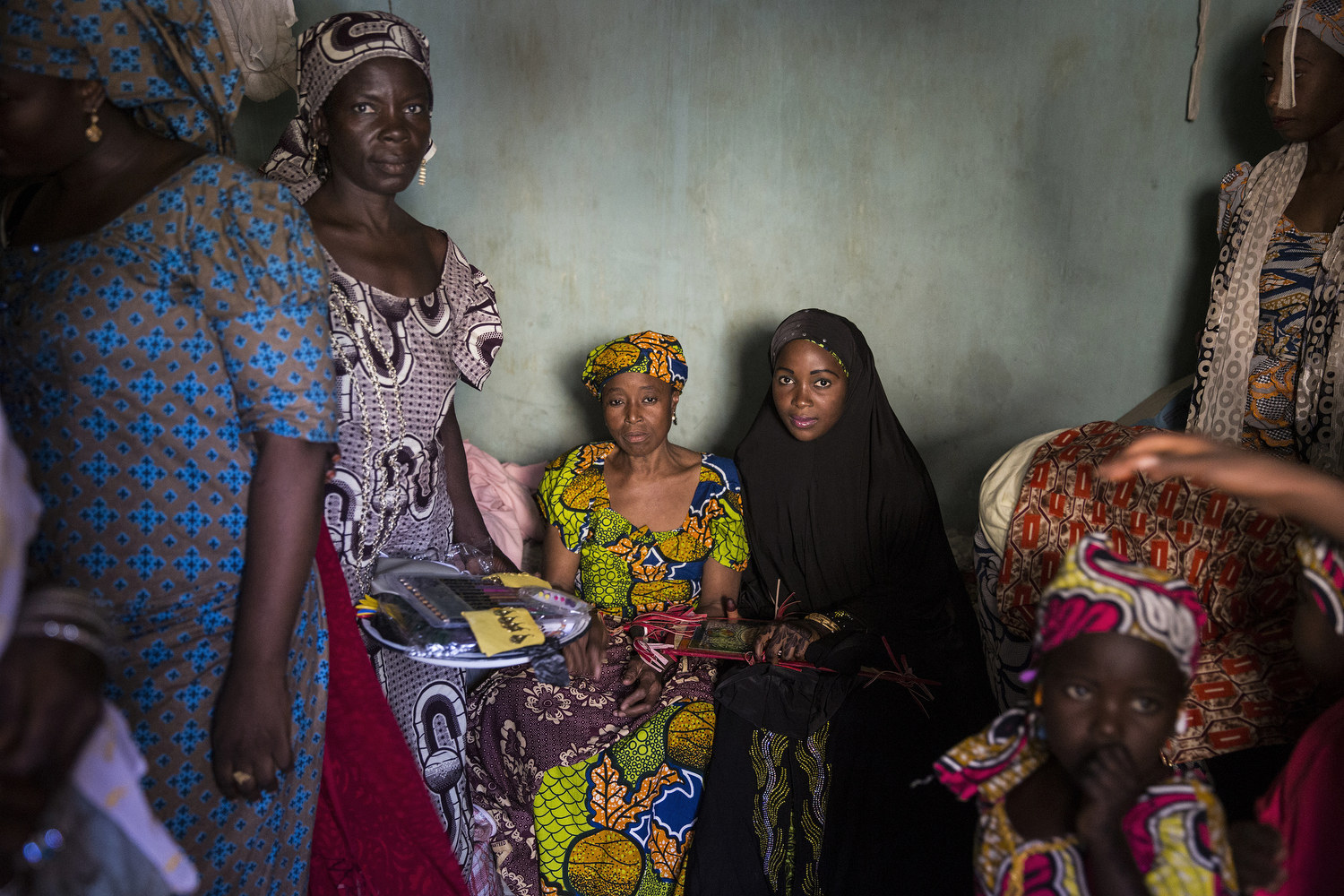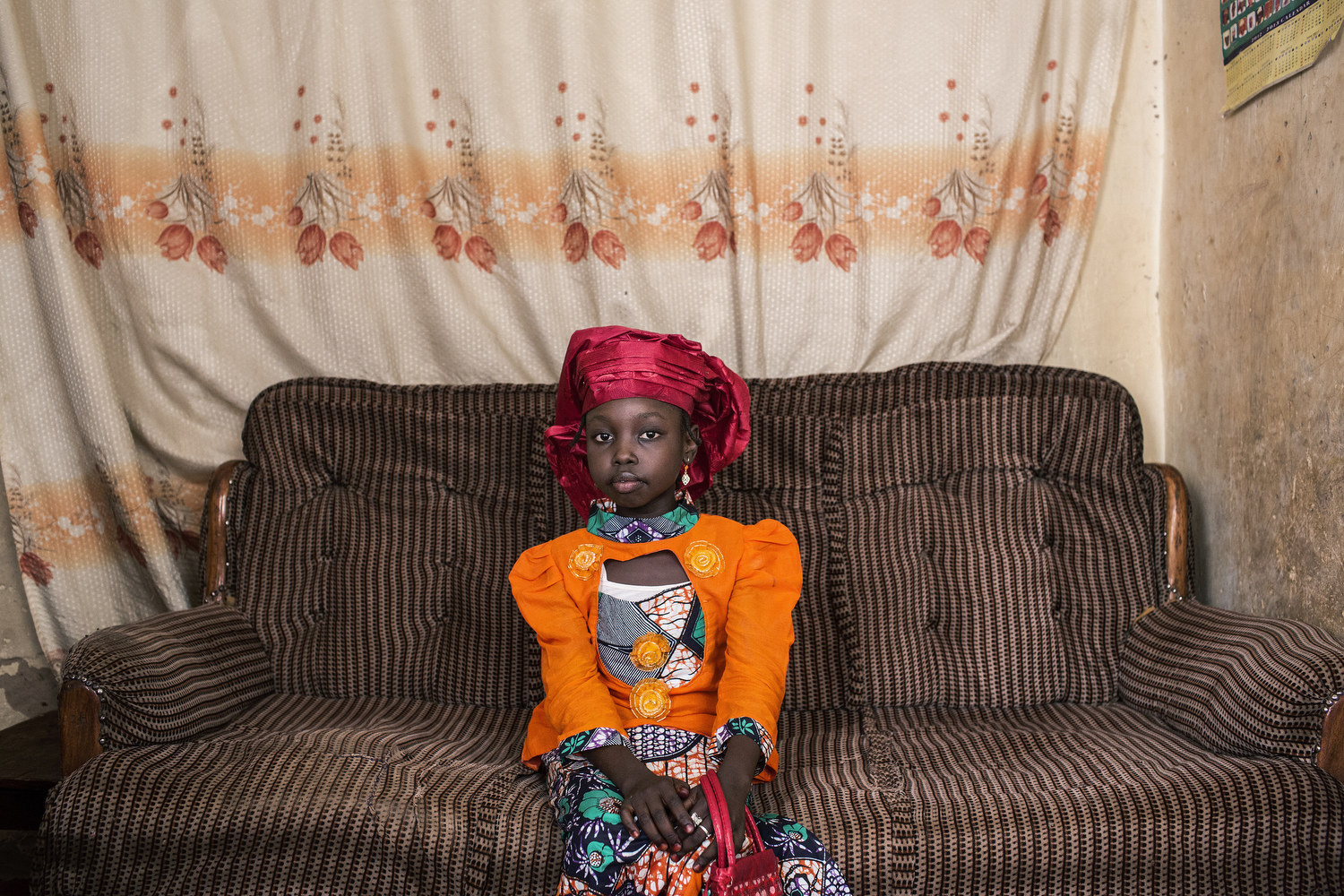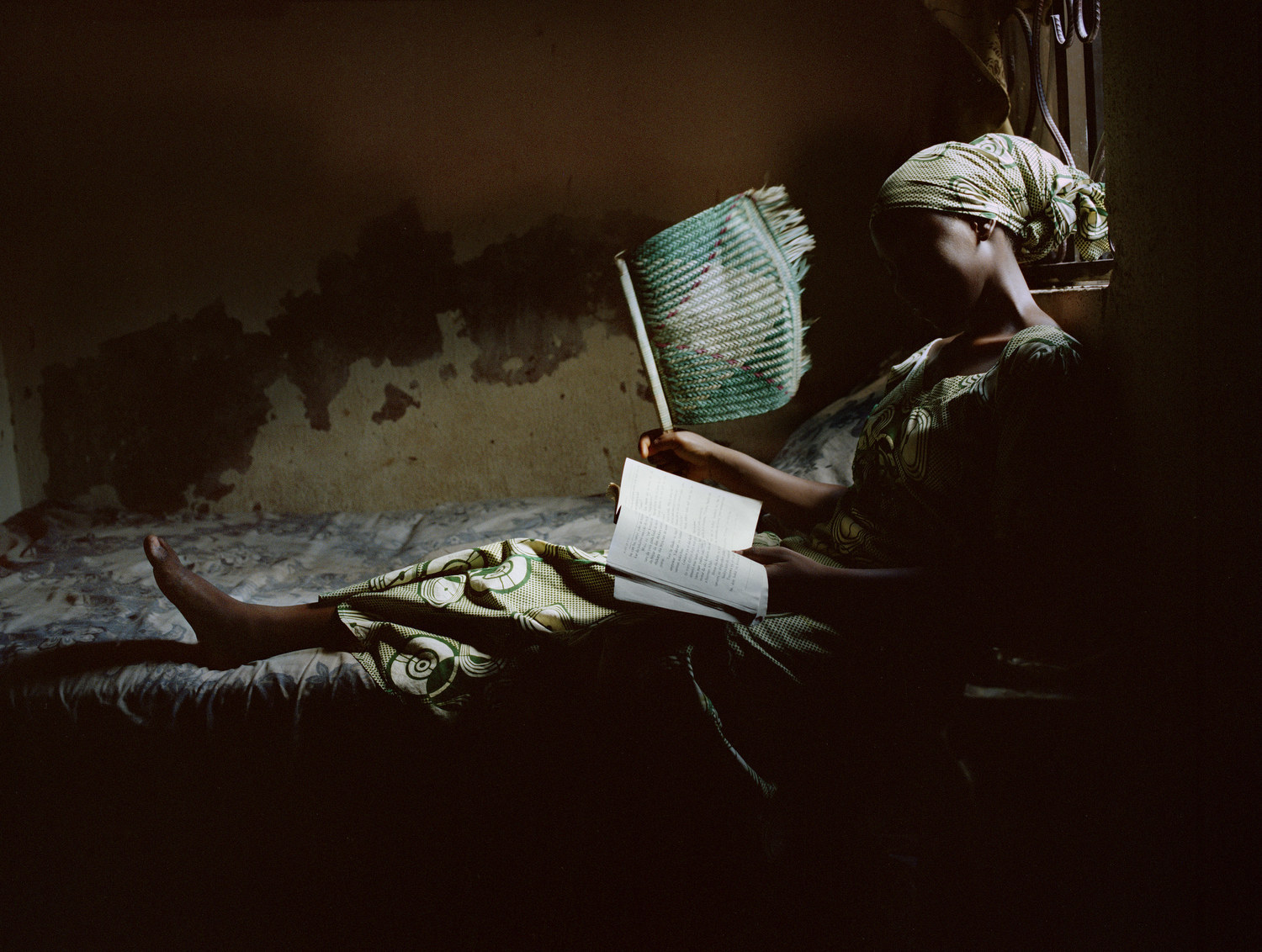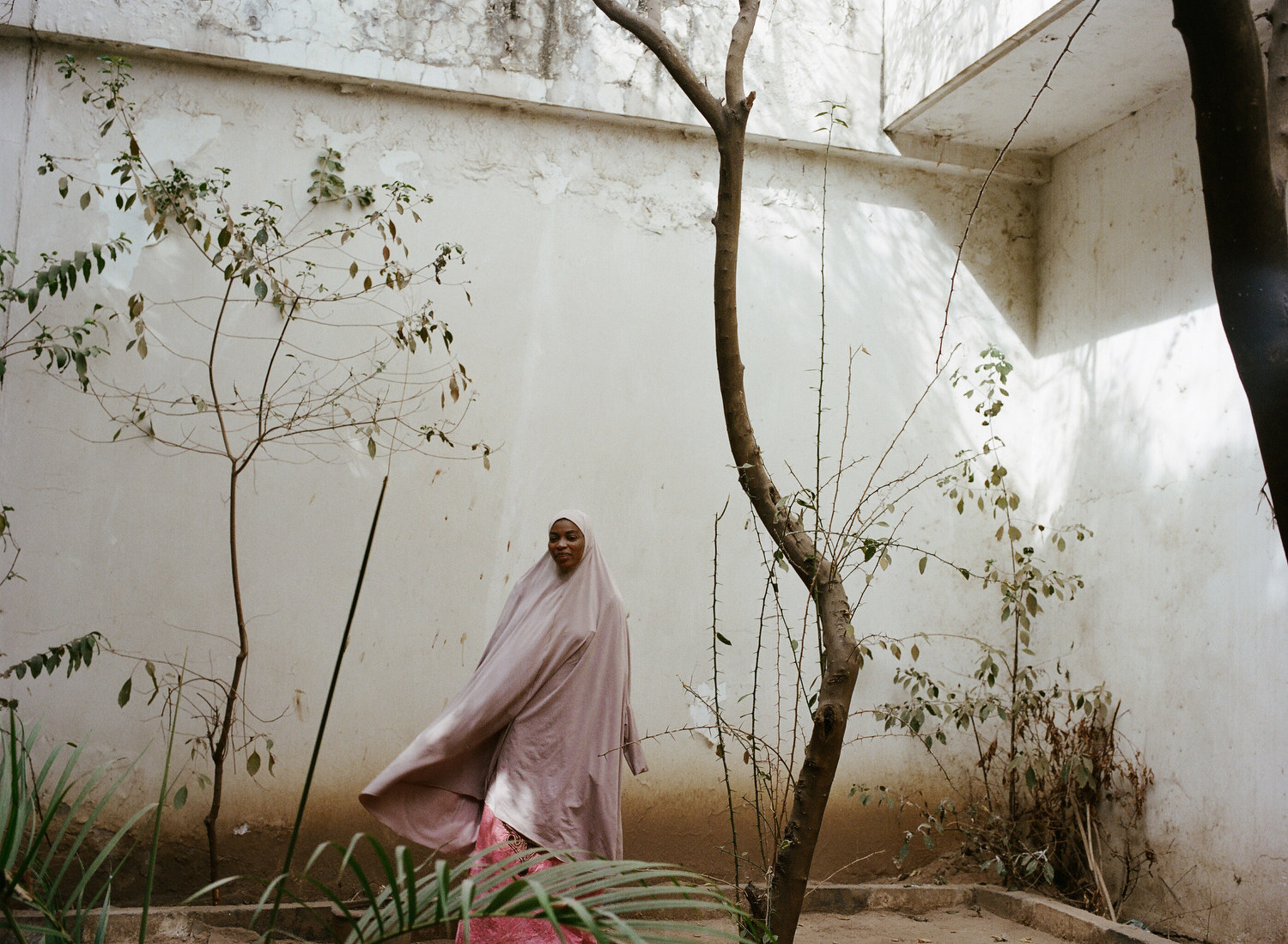Photographer Glenna Gordon spent months capturing female Muslim writers whose books are among the dozens of cheap, pamphlet-style novels popular across markets in northern Nigeria.
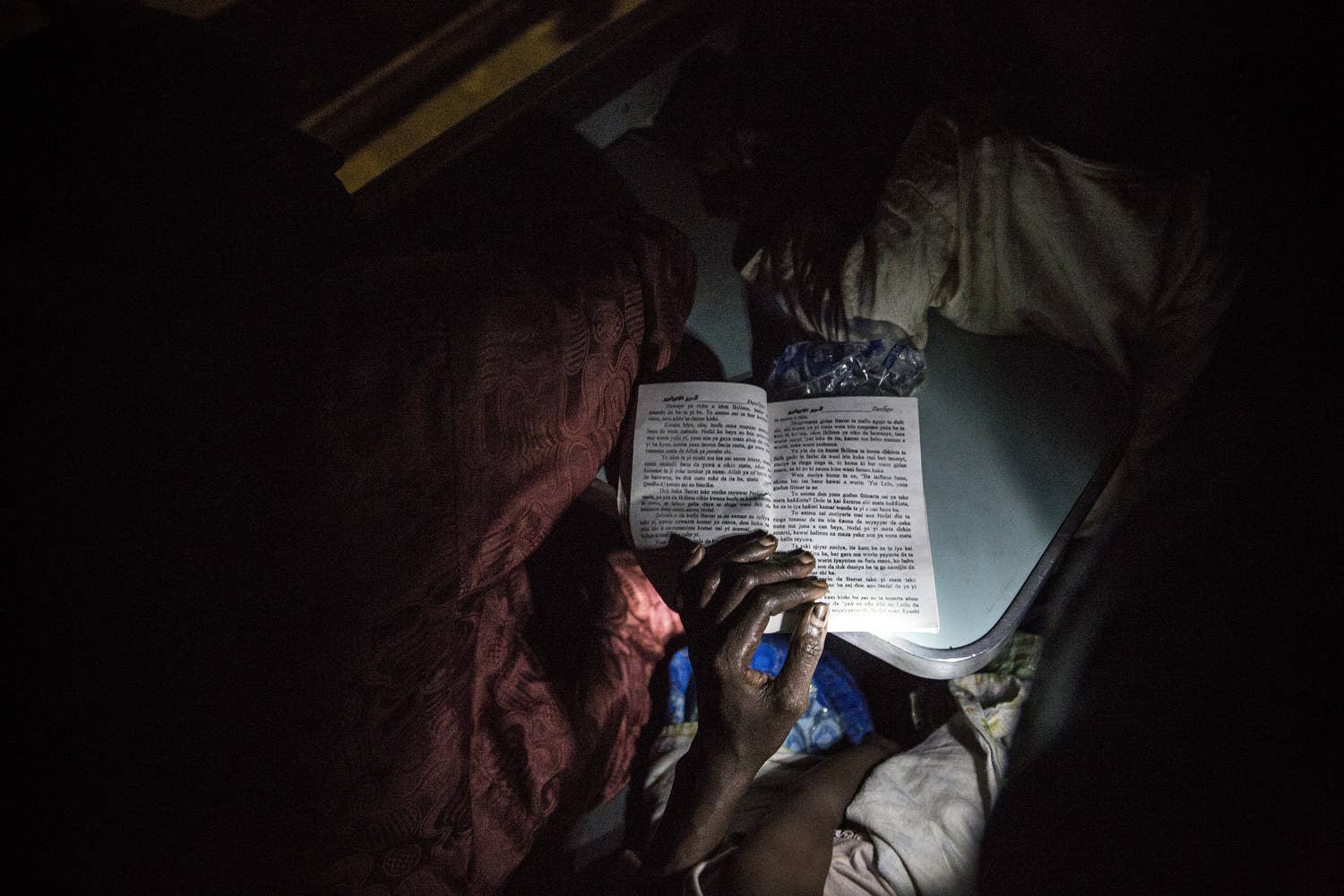
Known as “littattafan soyayya” – meaning “literature of love” in northern Nigeria’s Hausa language - the plots all revolve around love and marriage. But not all the stories are Mills and Boons-style fantasies: some are subversive or political, tackling subjects like child marriage and trafficking.
The movement was born in the northern capital of Kano in 1990, when author Balaraba Ramat Yakubu published Sin Is A Puppy That Follows You Home. The novel was based on her experiences of being a child bride before being divorced and destitute by the time she was 19 years old.
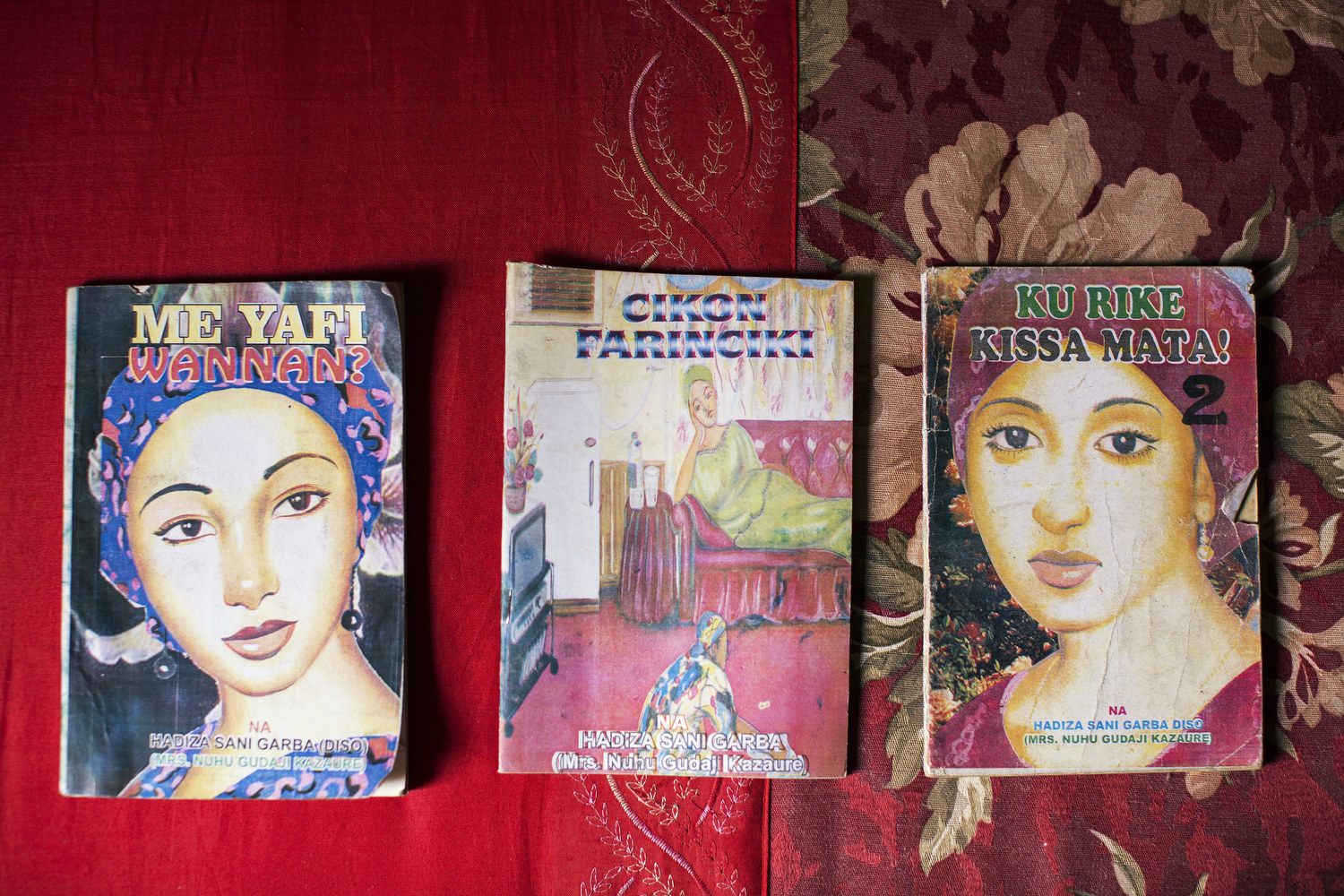
Gender disparity is high across all of Nigeria, but particularly in the Muslim-majority north, and many of the authors struggled to get an education. A minority are encouraged to pursue writing by their families. But all face public censorship. In 2007, then-governor of Kano, Mallam Ibrahim Shekarau, publicly burned the novels, which he claimed were “pornographic” and out of line with northern Nigeria’s traditional values.

In her book titled Diagram of the Heart – named in the style of the pocket-sized novels – Gordon shows another side to a region known to the outside world primarily for attacks from Islamist militants Boko Haram.
Gordon, who has also tackled subjects such as the mass abduction of 276 schoolgirls by Boko Haram, also documents the weddings and glamour that accompany life in northern Nigeria, which revolves around family ties.
